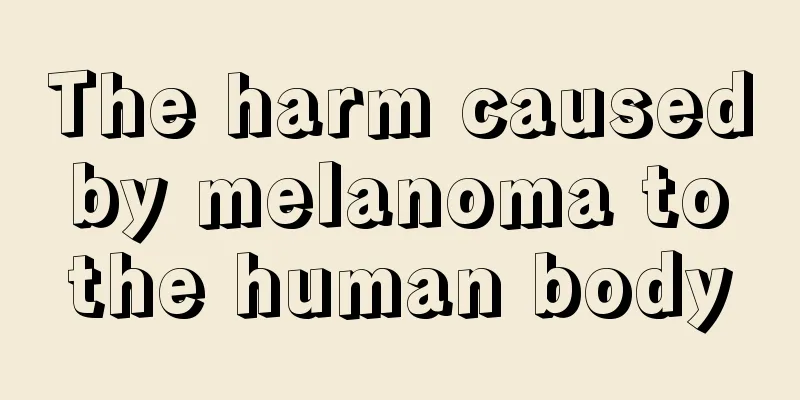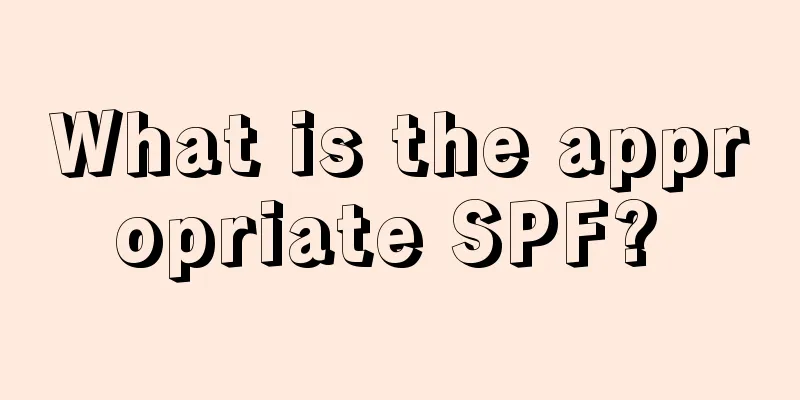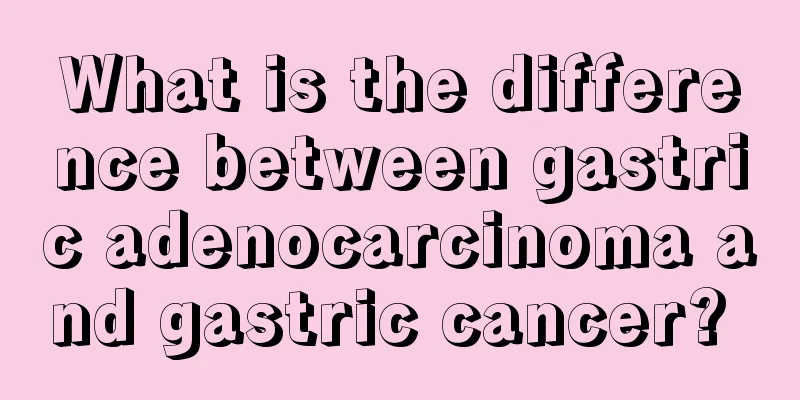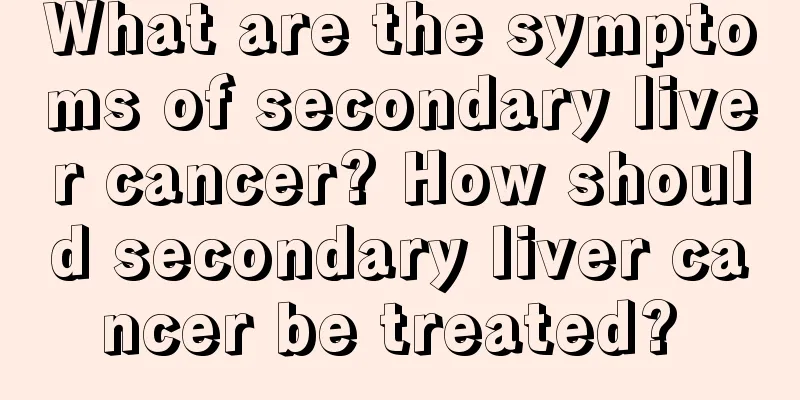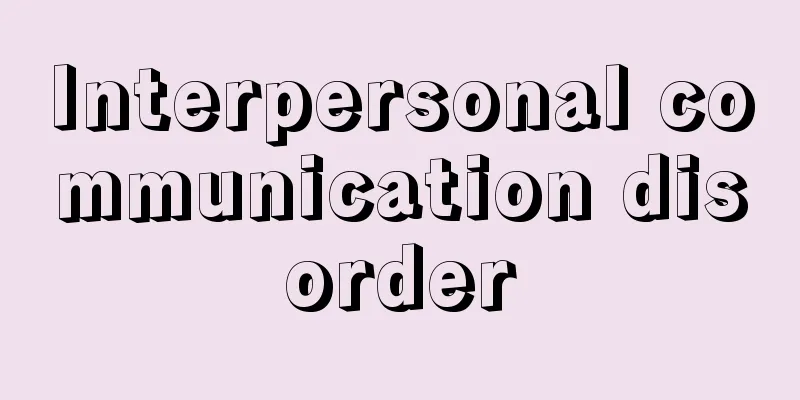Can I skip the chickenpox vaccine?
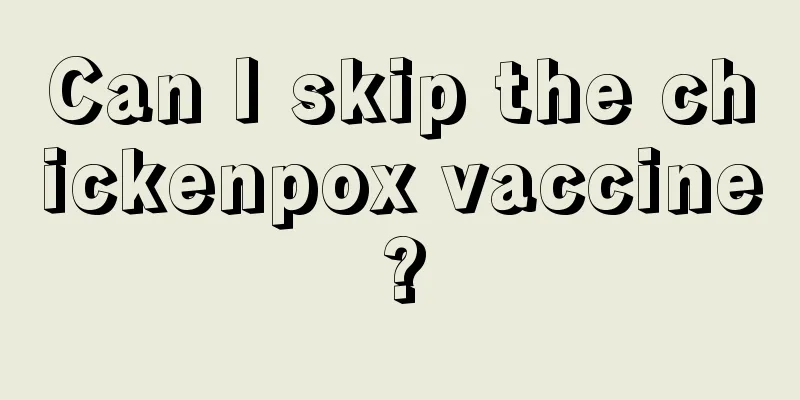
|
As vaccine issues continue to erupt, people have questions about the safety of vaccines. It is always recommended that everyone give children the chickenpox vaccine in a timely manner. If not, it will not only pose a threat to the body, but also cause many unnecessary health risks. Some children may have already developed chickenpox, and it is not recommended to continue vaccination during this period. So, do children who do not have chickenpox still need to be vaccinated? 1. Vaccination Targets It is recommended that adults and adolescents with no history of chickenpox should be vaccinated. The susceptible population is mainly healthy children aged 12 months to 12 years. Special groups should be vaccinated: 1. People who work or live in an environment with a high possibility of transmission, such as kindergarten teachers, primary school teachers, support staff of social public institutions, college students and soldiers, etc. 2. Close contacts of people who are at risk of developing serious diseases or complications, such as health workers, children with leukemia and other immunocompromised children and children and their families who are receiving steroid treatment. 3. Non-pregnant women of childbearing age. 4. International travelers. If a susceptible person comes into contact with an infected person, he or she should be injected with immunoglobulin. A large dose three days after contact can shorten the course of the disease and alleviate clinical symptoms. 2. Vaccination Method It is recommended to start vaccination for children at 2 years old. Children aged 1 to 12 years should receive one dose (0.5 ml); children aged 13 years and above, adolescents and adults should receive two doses, with an interval of 6 to 10 weeks. Children and adults should inject subcutaneously in the upper arm and never inject intravenously. The vaccine should be reconstituted with the diluent provided and should be completely dissolved. Inoculation should be carried out after the disinfectant has completely evaporated. For healthy people, the attenuated varicella vaccine can be administered at the same time as other live attenuated vaccines or inactivated vaccines; for immunocompromised patients and other high-risk groups, the attenuated varicella vaccine can be administered at the same time as other inactivated vaccines. However, they must be injected into different parts of the body and cannot be mixed in the syringe. If the varicella attenuated vaccine cannot be administered at the same time as the measles vaccine, the interval between vaccinations should be at least 1 month. The US Centers for Disease Control and Prevention recommends a two-dose vaccination for all people, and its data shows that the effectiveness of a two-dose vaccination can reach 98%. The recommended method for children is: the first vaccination is given between 12 and 15 months after birth, and the second vaccination is given between 4 and 6 years old. At present, some domestic medical institutions also use this method to administer two doses of vaccination to children. |
<<: Eating grapes while sleeping will make you fat
>>: The importance of bacteria to humans
Recommend
The tooth roots are black and rotten
Blackening of tooth roots is a very common dental...
What is the reason for the black blood streak at the bottom of the tongue?
The tongue is a very flexible organ in the human ...
Symptoms of language delay
Speaking is the biggest part of our communication...
What to do if you have mild heat stroke
In the summer, due to the hot weather, many peopl...
What is yellow fruit
I believe everyone is familiar with kumquat. Kumq...
What's wrong with leg pain due to cold
Colds can make patients feel very depressed and e...
What types of kidney disease are there
Problems with any organ in the body will affect o...
Why do I fart a lot after I get pregnant
Although farting is not very elegant, it is a hea...
How to treat scalp pain after dyeing hair?
Many young people nowadays often do not take care...
What are the symptoms of patients with advanced lung cancer? Experts point out 5 symptoms of advanced lung cancer
Lung cancer is a malignant tumor disease. Once it...
What will getting angry cause
"Getting angry" is a term used in tradi...
What is the yellow thing in the shrimp head
Many people don’t know what the yellow stuff insi...
What tissue is the heart wall mainly composed of?
Heart disease is very common in our daily life. M...
Is hairtail a saury?
Many foods look very similar, and some people oft...
How to determine sensitive skin?
In life, most people's skin is different. Som...
